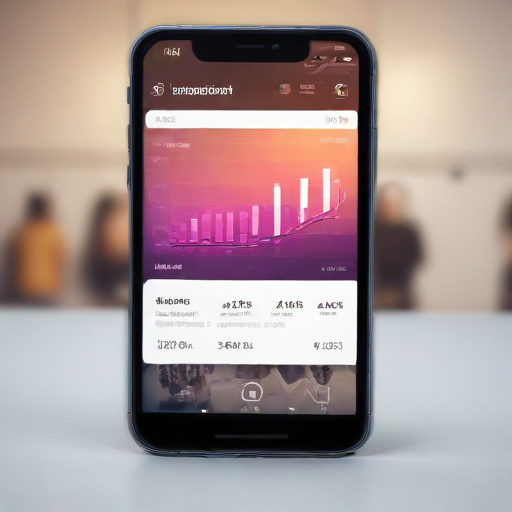During a recent Q&A session on Instagram, Congresswoman Alexandria Ocasio-Cortez engaged with voters to discuss their support for her candidacy and for President-elect Donald Trump. The candid responses highlighted a focus on two critical issues: the economy and the ongoing crisis in Gaza.
Ocasio-Cortez, a staunch supporter of Vice President Kamala Harris, reflected on the implications of Trump’s impending return to the White House. She expressed concern that many voters may not be prepared for his administration again, mentioning Trump’s controversial promises regarding mass deportations and tariff strategies.
Throughout the session, it became clear that some voters who had supported both Ocasio-Cortez and Trump felt a disconnect from the Democratic Party’s current direction. Their feedback suggested a desire for more immediate attention to their pressing concerns, particularly regarding economic stability and foreign policy engagements tied to the Israel-Hamas conflict.
Responses from these split-ticket voters included sentiments that recognized a shared focus on the working class from both Ocasio-Cortez and Trump, highlighting a perception that both leaders are attuned to the issues that matter to them. Some respondents noted their support for Trump stemmed from his outreach to diverse communities, including Muslims, amid the ongoing Gaza crisis.
The broader implications for the Democratic Party were clear, as shifting support indicated struggles to galvanize vital segments of their base, specifically younger Black men and Latino voters. While Harris had aimed to present a compelling economic message and a commitment to peace in the Middle East, she struggled to replicate the coalition that had propelled Biden to victory in 2020.
This interaction on social media reflects a pivotal moment for Democratic leaders as they reassess strategies to connect with disillusioned voters. Ocasio-Cortez’s openness in engaging with constituents is commendable and illustrates the importance of understanding diverse perspectives within the electorate. Adapting to these insights could empower Democrats to realign their platforms and more effectively address the electorate’s complex needs moving forward.
In summary, as Ocasio-Cortez communicates with voters, the engagement underscores a critical juncture for Democrats, urging them to reflect on their policies and approach to regain support in the face of rising challenges. By fostering dialogue and addressing key concerns, there’s hope for the party to rebuild and enhance its connection with the voting public.
